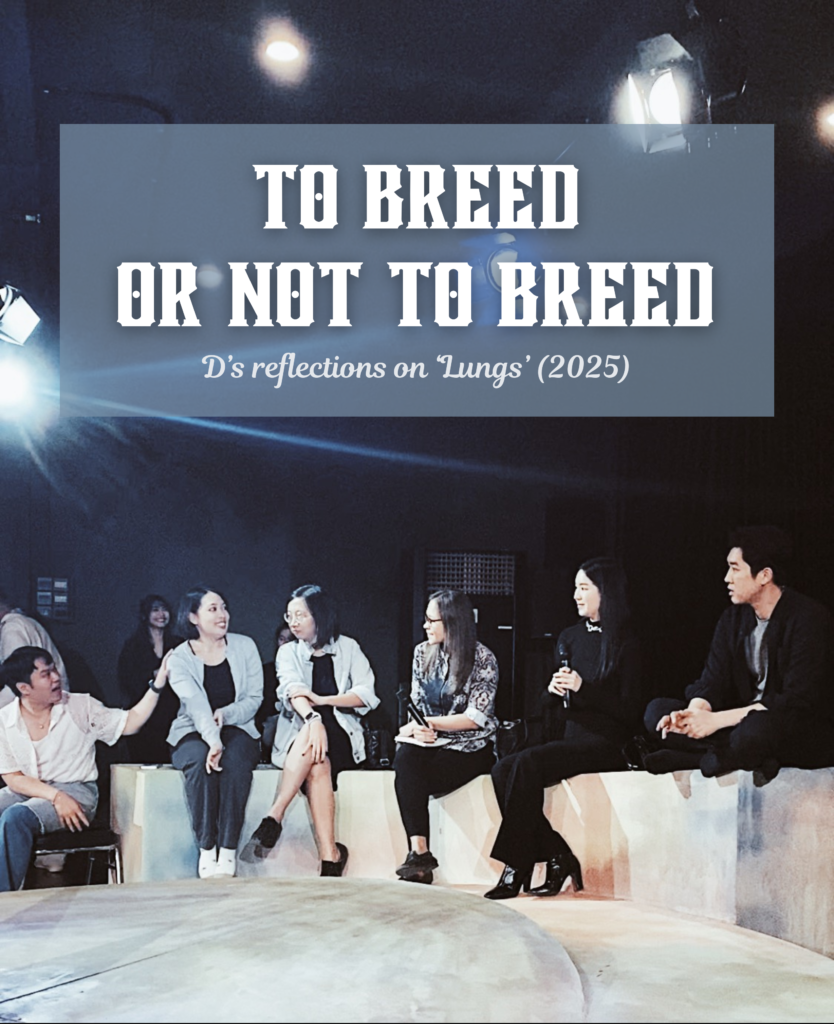I was invited to watch the exceptionally-produced theatrical play ‘Lungs’ (2025) and join a post-show discussion on procreation amid humanity’s crises, offering politico-economic perspectives on this contemporary issue of profound life significance.
🎭🏆✨ This play is a highly valuable, must-see limited production—for those who want children, those who don’t, and everyone who was brought into this world. 👼🏻👼🏽👼🏾
Overall, the play highlights that having children stems from the desires of reproductive partners, with little regard for the existential cost borne by the life being created. 🧑🧑🧒⛓️🌐
This desire is driven by primal instincts, operating in tandem with socially constructed norms that have been perpetuated over time.
👁️👁️👁️👁️
1. Primal Instincts vs. Intellectual Strength
What sets humans apart from other living beings is the ability to engage in critical thinking, allowing for restraint rather than submission to primal instincts. In the play, we see attempts to rationalize procreation, especially in the face of empirically escalating crises that make its justification increasingly precarious. 🔥🌪️🌊🌋
The play incisively exposes the fragility of those who have yet to transcend these instincts. By portraying its characters as members of a social class expected to possess intellectual capital—individuals who, unlike the broader society, should be capable of deeper reasoning—it highlights their failure to fully grasp the profound burden of existence borne by a new life. This, in turn, reveals not only their intellectual limitations but also their lack of true empathy—an empathy that should extend beyond the present to include lives yet to be born. 👹☠️😶🌫️
________
2. “I’m a Good Person” and the Limits of Empathy for the Unborn
Lacking the compassion to spare a new life from inevitable suffering, the characters repeatedly cling to the mantra “I’m a good person” ![]() —as if trying to convince themselves of a virtue they don’t fully believe in. This self-doubt reveals their shaky moral confidence, mirroring their failure to extend empathy to the child they would bring into existence without choice, justified only by vague appeals to the survival of their species and the environment that sustains it. 🌏🧬🫀🫁
—as if trying to convince themselves of a virtue they don’t fully believe in. This self-doubt reveals their shaky moral confidence, mirroring their failure to extend empathy to the child they would bring into existence without choice, justified only by vague appeals to the survival of their species and the environment that sustains it. 🌏🧬🫀🫁
This invites us to observe real-world parallels post-reproduction—particularly the rationalizations of those confronted with the logical inconsistencies of indecent procreation. The phenomenon is thus especially evident in the cases of ‘bad breeders’ 👎🏼❌🚫, where individuals who fail to ensure a decent life for their offspring react defensively when their choices are questioned. This defensive mechanism, fueled by an unshakable burden of guilt, manifests in predictable ways: the more glaring their parental failings, the more easily they are triggered. And understandably so—few things are heavier than the weight of an undeniable, irrevocable sin. 💥🫥💢‼️
________
3. The Lack of Meaning in Life and Self-Worth, and the Attempts to Fill It with Imaginationless Efforts
The play also highlights the absence of self-worth on both individual and relational levels, particularly the lack of deep faith in one’s own power to achieve greatness without involving a new life in the hellish game of existence 👾😈. While the characters are granted opportunities, they show no passion for their own life paths or relationships. They come across as “ordinary people” in a world where “everyone else is doing it,” a deeply unsettling, all-too-common phenomenon. 💔🧟♂️🥴
________
⚡️The Advancement of Human Civilization Toward a Legacy of Progress
These issues highlight that human society still lacks the necessary regulatory mechanisms to ensure that procreation not only creates life but does so in a way that is efficient for society and fair to the new life brought into existence.
In this regard, I propose a regulatory framework for responsible procreation ⚖️⭐️, developed during my studies in political economy, that addresses both the individual and societal levels. This framework consists of two main components: 1) resource allocation and 2) the establishment of governing rules (See below images.)
The emphasis is on the importance of regulating prospective incentives, imposing costs on irresponsible procreation. This would promote procreation as an evolving process, aligned with the principles of evolution 🚀💫🌈, rather than mere reproduction driven by chance 🙅🏻♀️.
I will elaborate further on this framework in upcoming discussions through Wizdomkult⚡️.
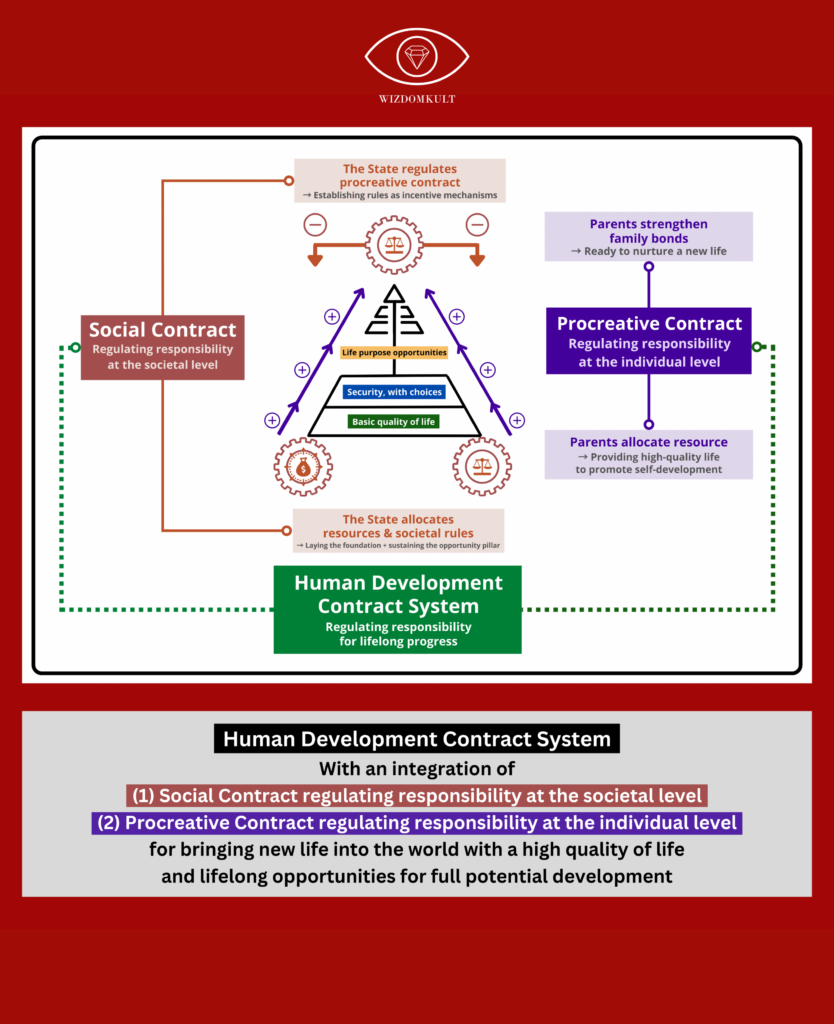
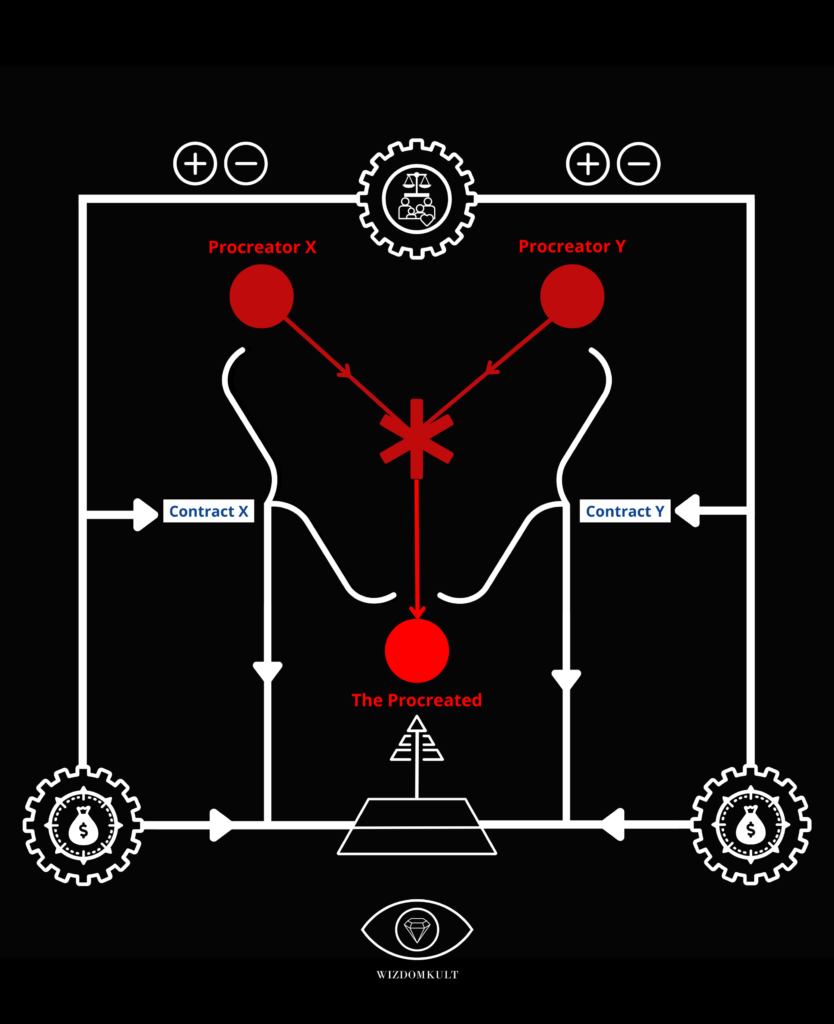
________
The Production
Finally, I’d like to commend the creation of this theatrical production, which has been crafted with exceptional quality. From the impressive production values—set design, lighting, sound—to the masterful performances of the actors, every detail was meticulously executed. It takes advanced skill to convey the characters’ emotions so thoroughly, especially in the dynamic 90-minute interaction between the two leads. (You’ll be amazed at how it’s done!) My deepest respect to Toey Thiptawan Uchai (Female 1) and Vin Danainan Kridakorn Na Ayutthaya (Male 1) for their remarkable performances.
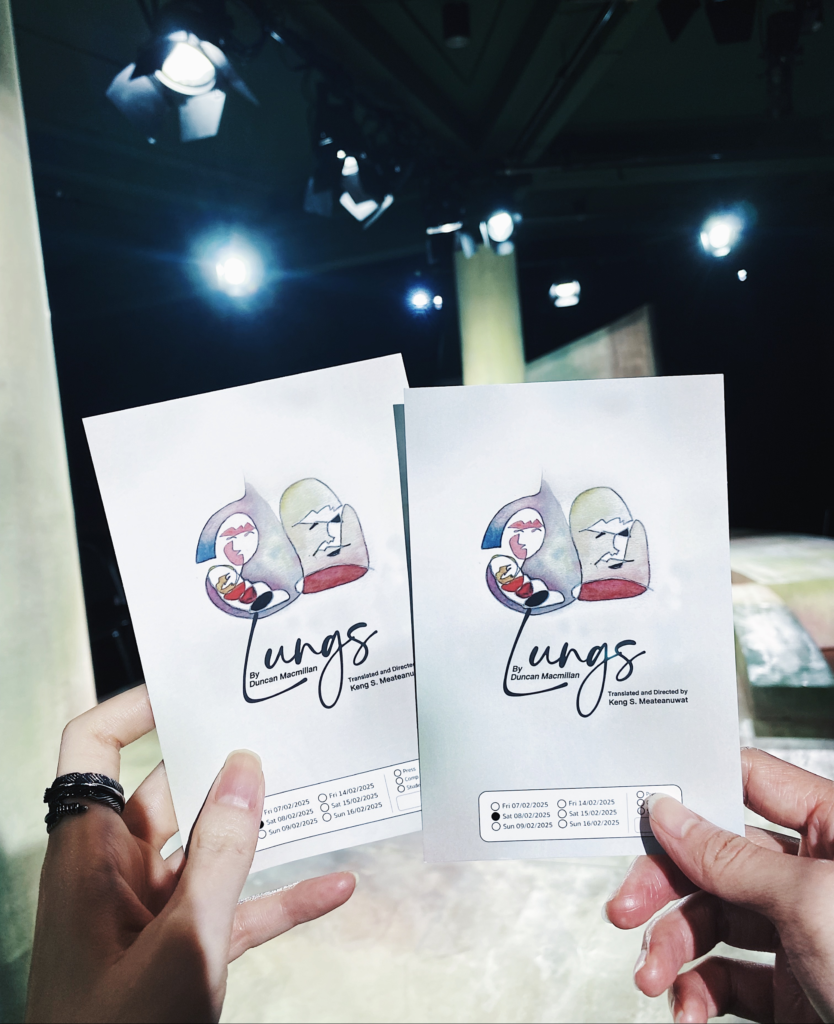

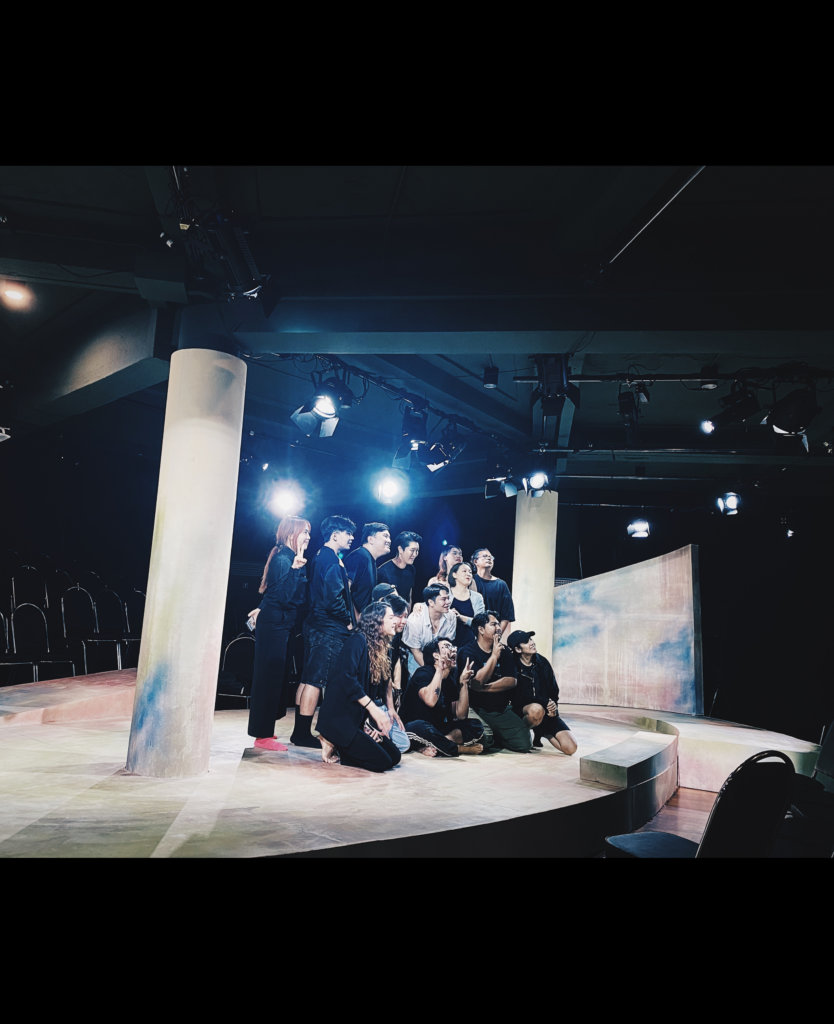
I’d like to award the “Fabulous Individual” badge 🌟 to the talented, promising, and visionary director, Keng Sanhawich Meateanuwat, a rising Thai star who honed his expertise in New York. A heartfelt thank you, Keng, for returning to Thailand to direct this play and for honoring us with the invitation for me and my husband to attend. I eagerly look forward to following your future works with great excitement. 💗
Special thanks to Professor Punch Rubkwan Thammaboosadee, my beloved sister 👯♀️❤️ and a theater professor to Keng, the director, during his undergraduate years. In the discussion, P’Punch underscored the critical intersections of inequality and class in procreation—perfectly aligning with her lifelong academic and creative dedication to advancing fairness in our society.
And thanks to my husband Juthaphat Kandpinijsha for joining me in this experience. The more we observed the relationships of others, the more I felt that our Kandpinijsha partnership is truly fabulous! 🧝🏻♀️🧝🏻 I also appreciate our deep discussions about this issue, which led to this article. This highlights the hallmark of the Kandpinijsha’s ‘Birth Chapter of Deliberation’. We’ll continue exploring these ideas in our future Oathdom of Truth – คู่พินิจกัณฑ์ discussions 💕.
Find on:

